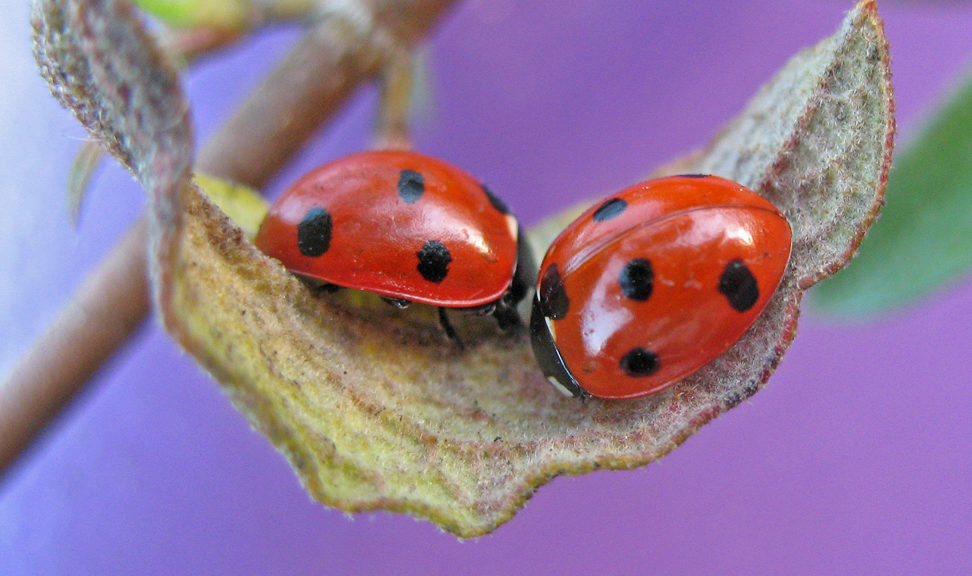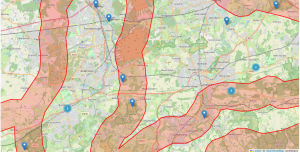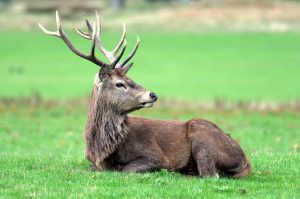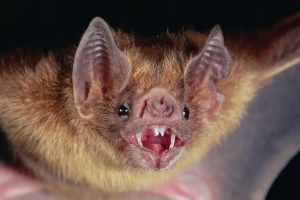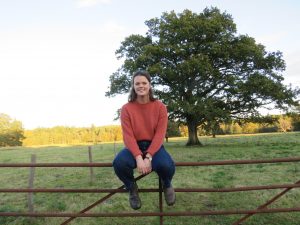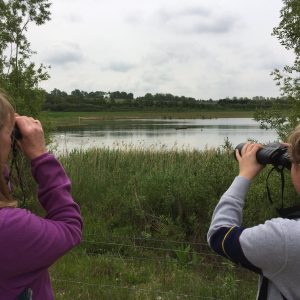2023 | 2022 | 2021 | 2020 | 2019 │ 2018 │ 2017 │ 2016
Monday 7th April – Reintroducing Water Voles to the River Crane
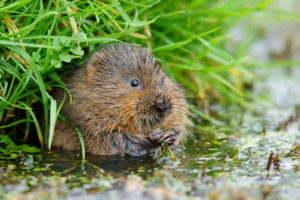
A talk by Steve Marshall, river restoration consultant and FNW Committee member. Following his popular FNW talk last Spring on the restoration of the River Crane in south London, Steve will talk about the subsequent reintroduction of captive-bred water voles.
Monday 10th March 2025 – B-Lines and Normandy
Note this is on the second Monday for this month, but we will return to our regular first Monday slot after this.
Louis Harrington-Edmans is the Space4Nature Conservation Officer with Buglife.
B-Lines are an imaginative and beautiful solution to the problem of the loss of flowers and pollinators. The B-Lines are a series of ‘insect pathways’ running through our countryside and towns, where a series of wildflower-rich habitat stepping stones will be restored and created.
Monday 3rd February 2025 – Red Deer on Pirbright Ranges
An exclusive (virtual) adventure into Pirbright Ranges with site manager Ben Habgood and Reserves Officer Arabella Segar from Surrey Wildlife Trust as they delved into the rare lowland heathland landscape. We discovered the unique way in which red deer are used to manage and maintain the habitat for the benefit of nature conservation.
We learnt about the local, regional, national, and international significance of the site, the vast array of flora and fauna that is found there, and how the red’s natural behaviours and biology help SWT to manage this open and complex suite of habitats. Recent aerial and thermal images were presented of the herd, along with videos from remote camera traps capturing interesting behaviours and providing an opportunity to see these fantastic animals up close.
Monday 6th January 2025 – Hares of the British Isles
A talk by Gill Woolfson, FNW Committee member
Monday 4th November 2024 – Nature’s Halloween
A talk by Dr Mark Wright, WWF-UK’s Lead Scientist
As we say goodbye to Halloween and are putting our zombie, vampire and cannibal costumes away, it’s worth looking at the natural world. Because if you are looking for ghoulishness (and inspiration for next year’s costume), or didn’t realise how many ways there are to die, nature simply does it better!
Monday 2nd September 2024 – Puttenham Common Restoration Programme
A talk by Molly Biddell, Hampton Estate
We had a fantastic talk from Molly on all the work towards restoration and regeneration on the nearby 2250 acre Hampton Estate, including the 100 year programme of Puttenham Common restoration.
Molly works at Hampton Estate, a family-run, forward looking and diversified farming business in Surrey, where she leads nature-based solutions and community engagement. She is also Head of Natural Capital at Knepp Estate, one the UK’s pioneering rewilding projects. She is a columnist for Farmers Weekly and an Ambassador for LEAF Open Farm Sunday. Previously, Molly worked in rural research. She grew up on the family farming business before studying geography at the University of Cambridge. Molly is passionate about the future of regenerative food systems, nature-based solutions and scaling green finance.
Friday 23rd August 2024 – Bat and Moth Surveys on Normandy Common
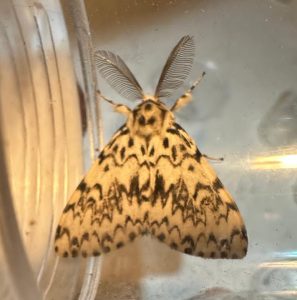
Bill Stanworth and Steve Marshall, FNW Committee Members and moth enthusiasts, set up their moth traps on Normandy Common. Here is the species list of what was recorded:
| ENGLISH NAME | SCIENTIFIC NAME |
| LARGER MOTHS | |
| Straw Dot | Rivula sericealis |
| Orange Swift | Triodia sylvina |
| Large Yellow Underwing | Noctua pronuba |
| Brimstone | Opisthograptis luteolata |
| Flame Shoulder | Ochropleura plecta |
| Willow Beauty | Peribatodes rhomboidaria |
| Scalloped Hook-tip | Falcaria lacertinaria |
| Black Arches | Lymantria monacha |
| Maiden’s Blush | Cyclophora punctaria |
| Oak Hook-tip (vulnerable species) | Watsonalla binaria |
| Green Carpet | Colostygia pectinataria |
| Dun-bar | Cosmia trapezina |
| Lesser Broad-bordered Yellow Underwing | Noctua janthe |
| Oak Processionary | Thaumetopoea processionea |
| Vines Rustic | Hoplodrina ambigua |
| Gypsy Moth | Lymantria dispar |
| SMALLER MOTHS | |
| Straw Grass-moth | Agriphila straminella |
| Brassy Y | Argyresthia goedardella |
| Scalloped Tortrix | Acleris emargana |
| Common Plume | Emmelina monodactyla |
| Common Marble | Celypha lacunana |
| Mother of Pearl | Patania ruralis |
| Rusty Acorn Piercer | Cydia amplana |
| Common Masoner | Blastobasis adustella |
| Short-barred Ochre | Ypsolopha alpella |
| Grey Poplar Bell | Epinotia nisella |
| Marbled Piercer | Cydia splendana |
Saturday 3rd August 2024 – Guided Walk around Tice’s Meadow Nature Reserve
Our walk was led by Mark of the Friends of Tice’s Meadow Group, exploring the nature at this fascinating reserve. Learn more about Tice’s Meadow here.
Saturday 15th June 2024 – Guided Orchid Walk
Monday 4th April 2024 – Saving the Stone Curlew
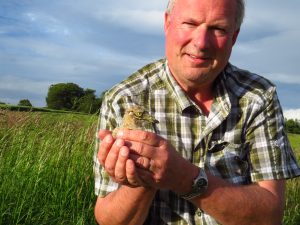
A talk by Keith Betton, author and broadcaster
Keith Betton, a popular speaker to FNW, returned to share his passion and knowledge on stone curlews. Keith devotes much of his summers to studying and helping to protect the small population of Stone Curlews that breed in remote locations on the downs in Hampshire.
Monday 4th March 2024 – Restoring Rivers and their Wildlife
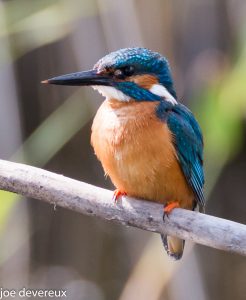
A talk by Steve Marshall, Ecological consultant & river conservationist
Many of the UK’s rivers have been changed by humans to the detriment of nature through acts such as straightening, canalising, denuding them of vegetation and more. Steve talked of his successes in restoring rivers in south-west London back to a more natural state and thereby benefitting nature including water voles, kingfishers, fish and more.
Monday 5th February 2024 –Walrus from Space
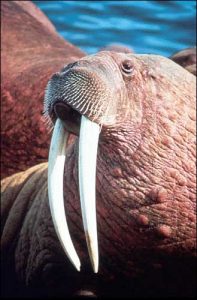
Alejandra Vergara-Pena, Polar Specialist, WWF (World Wide Fund for Nature)
With the summer Arctic sea ice shrinking by about 12-13% per decade, walruses are facing the reality of the climate crisis. We learnt all about this iconic species and how everyone can even help safeguard their future through the ‘Walrus from Space’ project. Learn how you can volunteer to help here.
Monday 8th January 2024 – Wasps and Bumblebees
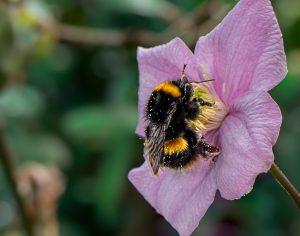
A talk by Andrew Halstead, Retired Royal Horticultural Society (RHS) Principal Entomologist on the social wasps and bumblebees commonly found in gardens.

